
10 App Games to Improve Your Intelligence and Memory
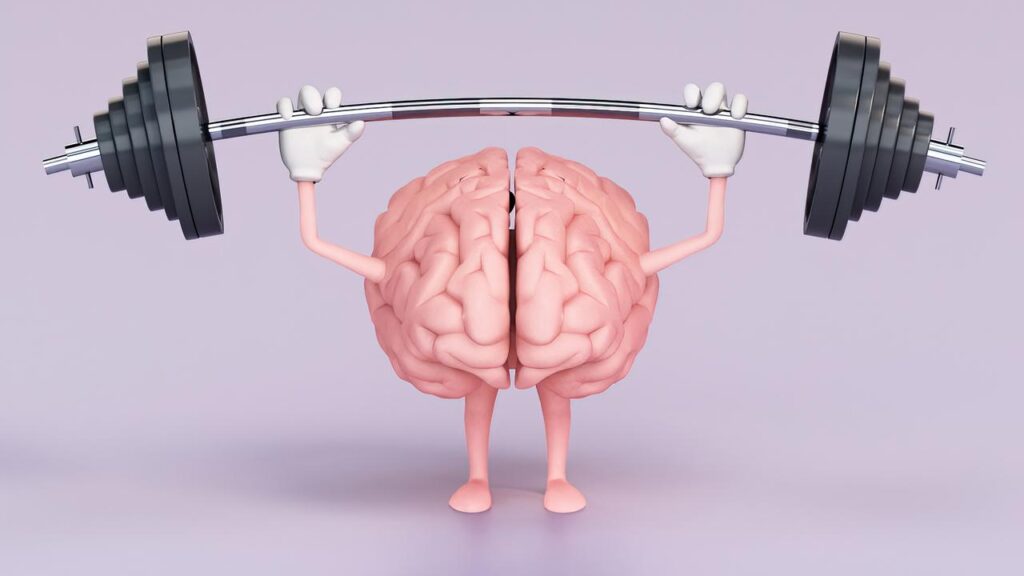
In our digital age, smartphones have become powerful tools for entertainment, communication, and increasingly, cognitive enhancement. While excessive screen time often gets criticized, certain mobile games can actually help sharpen your mind, improve memory retention, and boost overall intelligence. These brain training apps combine fun gameplay with scientifically-backed exercises designed to challenge different aspects of cognitive function.
The Science Behind Brain Training Games
Before diving into specific apps, it’s important to understand that while brain training games can improve performance on specific tasks, the research on whether these improvements transfer to general intelligence is mixed. However, many of these games do exercise important cognitive skills like working memory, attention, processing speed, and problem-solving abilities that are valuable in daily life.
Top 10 Intelligence and Memory-Boosting Games
1. Lumosity

Lumosity remains one of the most popular brain training platforms, offering over 60 games targeting five core cognitive areas: memory, attention, flexibility, speed of processing, and problem solving. The app creates personalized training programs based on your performance and tracks your progress over time. Games like “Memory Match” challenge your working memory, while “Speed Match” tests your attention and processing speed.
Best for: Comprehensive cognitive training with scientific backing Key features: Personalized training programs, detailed progress tracking, variety of cognitive domains
2. Peak
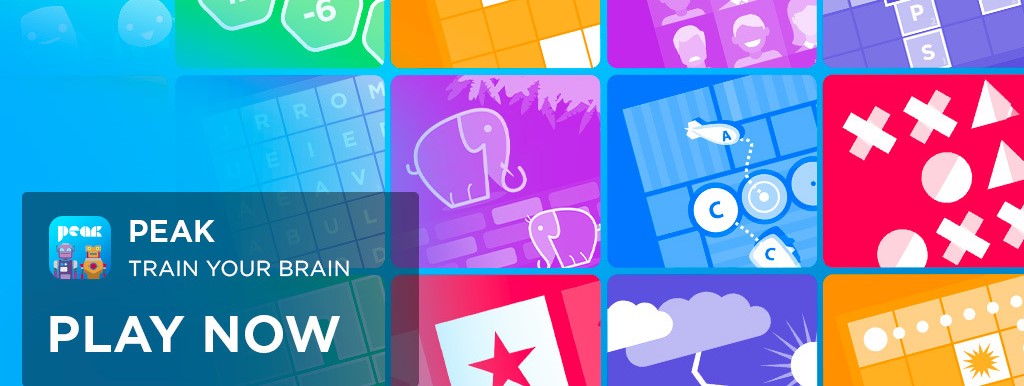
Peak offers beautifully designed games that feel more like entertainment than training. The app focuses on six key areas: memory, attention, problem solving, mental agility, language, and coordination. Games like “Word Path” enhance vocabulary and processing speed, while “Babble Bots” challenges your working memory and attention simultaneously.
Best for: Engaging gameplay with cognitive benefits Key features: Stunning visuals, coach recommendations, performance insights
3. Elevate
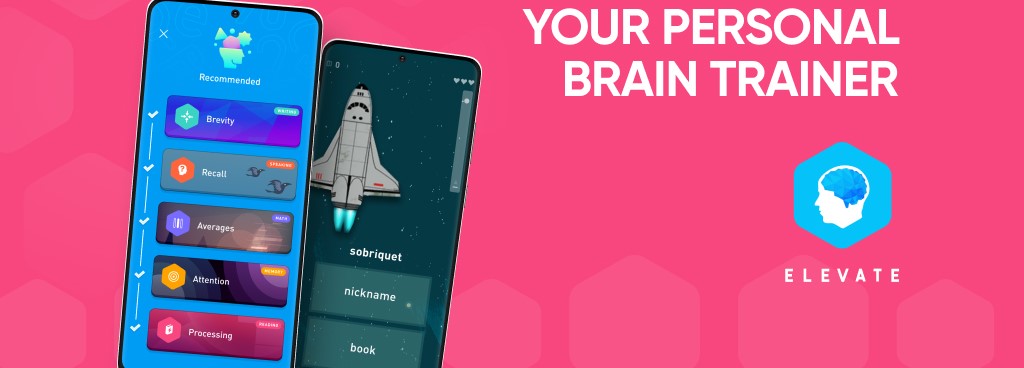
Elevate takes a practical approach by focusing on skills you use in everyday life. The app offers games that improve writing, reading comprehension, math skills, and speaking abilities. “Extraction” helps with reading comprehension and memory, while “Estimation” sharpens your mathematical intuition and numerical reasoning.
Best for: Real-world applicable cognitive skills Key features: Practical skill focus, adaptive difficulty, detailed performance analytics
4. CogniFit
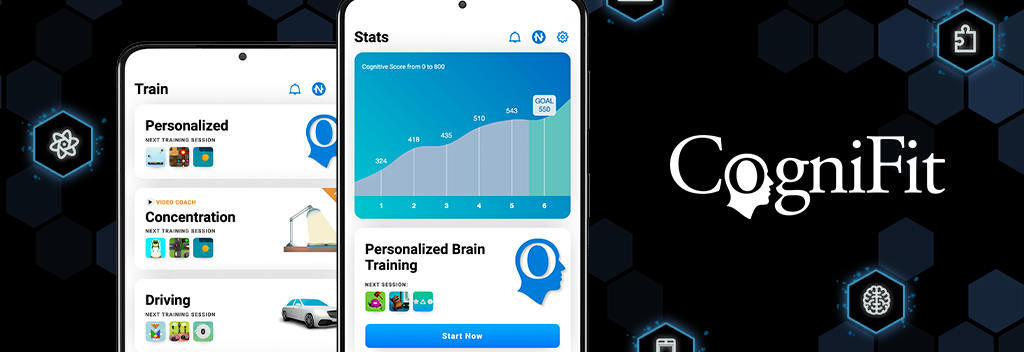
CogniFit offers a more clinical approach to brain training, with games designed by neuroscientists. The app provides cognitive assessments and personalized training programs targeting specific areas like memory, attention, and executive functions. The “Memory Mahjong” game specifically targets visual memory and recognition.
Best for: Scientific approach to cognitive training Key features: Neuropsychological assessments, clinically designed exercises, detailed cognitive reports
5. Dual N-Back
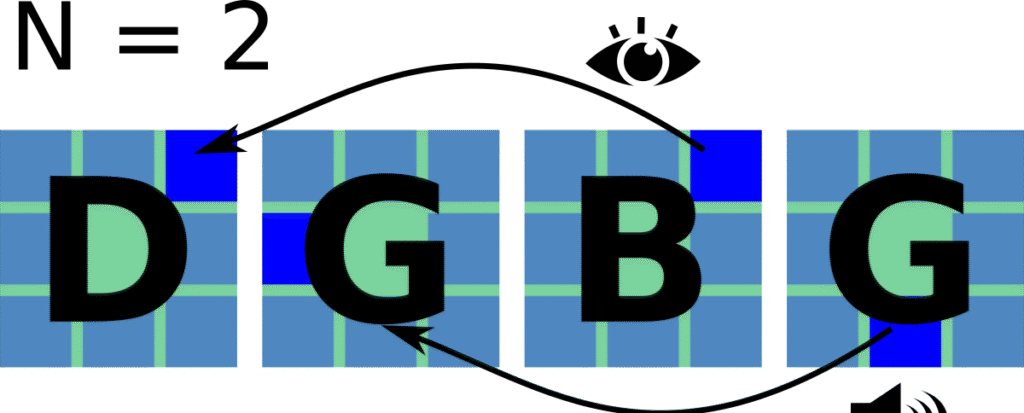
This app focuses specifically on working memory training through the challenging N-Back task. Players must remember sequences of positions and sounds, which has been shown in studies to potentially improve fluid intelligence. While the gameplay is simple, the cognitive demands are significant.
Best for: Intensive working memory training Key features: Research-backed methodology, customizable difficulty, progress tracking
6. Brain Age (Nintendo)

While originally a Nintendo DS game, Brain Age concepts have been adapted for mobile platforms. These games focus on quick mental exercises like arithmetic, reading, and memorization tasks. The emphasis on speed and accuracy helps improve processing speed and working memory.
Best for: Quick daily mental workouts Key features: Variety of classic brain exercises, age calculation scoring system
7. Memorado
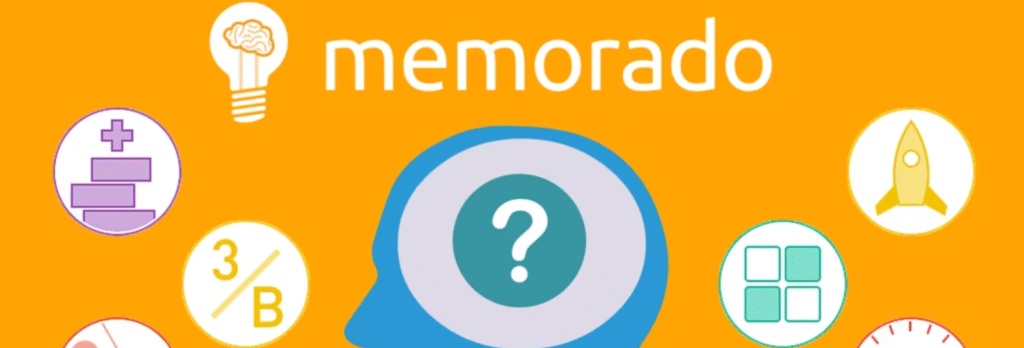
Memorado offers 24 different games targeting memory, concentration, reaction time, and logic. The app provides personalized workout plans and tracks your cognitive fitness over time. Games like “Raindrops” challenge your processing speed and attention, while “Pathfinder” exercises spatial memory and planning.
Best for: Balanced cognitive training across multiple domains Key features: Personal trainer system, social features, comprehensive statistics
8. NeuroNation
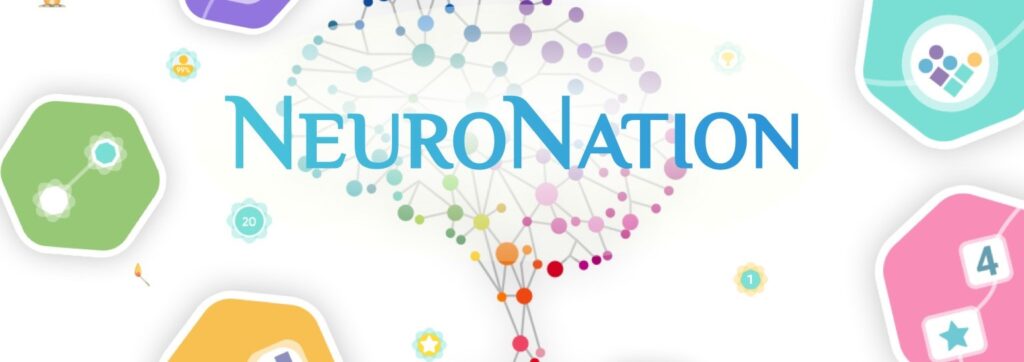
NeuroNation offers scientifically-designed exercises that adapt to your performance level. The app focuses on working memory, attention, and reasoning skills. Developed in collaboration with researchers, it provides exercises like “Chains” for working memory and “Flying Colors” for attention and inhibition.
Best for: Adaptive, research-based training Key features: Scientific development, adaptive difficulty, social comparison features
9. Fit Brains Trainer

Created by the same team behind some scientific brain training studies, Fit Brains Trainer offers games across six cognitive categories. The app adjusts difficulty based on your performance and provides detailed insights into your cognitive strengths and areas for improvement.
Best for: Comprehensive brain fitness assessment Key features: Multi-category training, performance adaptation, detailed analytics
10. Brain Dots

While simpler than other apps on this list, Brain Dots challenges creative problem-solving and spatial reasoning. Players must draw lines and shapes to get two balls to touch, requiring innovative thinking and spatial visualization skills. The game encourages flexible thinking and creative problem-solving.
Best for: Creative problem-solving and spatial reasoning Key features: Physics-based puzzles, creative solutions, progressive difficulty
Maximizing the Benefits
To get the most out of these brain training apps:
Consistency is key: Regular, short sessions (15-20 minutes) are more effective than occasional long sessions.
Challenge yourself: Choose games that push your limits but aren’t frustratingly difficult.
Vary your training: Use multiple types of cognitive exercises rather than focusing on just one area.
Transfer to real life: Try to apply the skills you’re practicing in real-world situations.
Track progress: Monitor your improvement over time to stay motivated and identify areas that need more work.
Important Considerations
While these apps can be beneficial, it’s important to maintain realistic expectations. Brain training games are most effective when combined with other cognitive activities like reading, learning new skills, physical exercise, and social interaction. They should complement, not replace, a well-rounded approach to cognitive health.
Additionally, the most significant cognitive benefits often come from challenging real-world activities like learning a new language, playing a musical instrument, or engaging in complex problem-solving tasks in your profession or hobbies.
Conclusion
The mobile games listed above offer accessible, convenient ways to exercise your mind and potentially improve various aspects of cognitive function. While the jury is still out on how much these improvements transfer to general intelligence, the games themselves can certainly help you get better at the specific skills they target, and many users report feeling more mentally sharp and focused after regular training.
The key is finding apps that you enjoy using consistently, as the benefits of cognitive training come from regular practice over time. Whether you choose the comprehensive approach of Lumosity, the practical focus of Elevate, or the creative challenges of Brain Dots, incorporating these mental workouts into your daily routine can be a valuable addition to your cognitive health strategy.








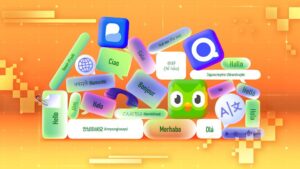






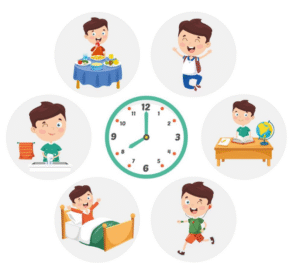
Post Comment